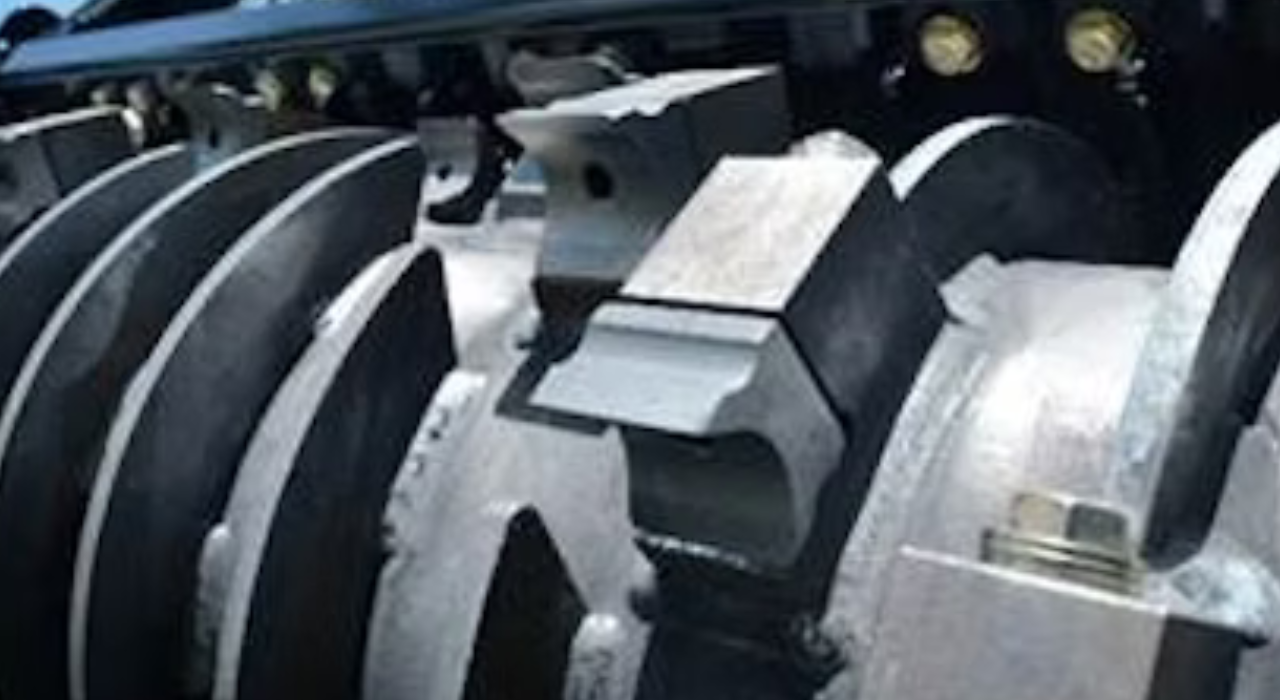Mulcher teeth are important components of forestry mulchers, which play a crucial function in land clearing through reworking dense plants into smaller, practicable particles. These teeth, connected to the mulcher, are responsible for shredding diverse kinds of foliage, from brush to larger trees. Their effectiveness is pivotal in rapidly clearing massive regions of land, turning a wooded area into a naked floor in only minutes.
The high quality of the mulcher tooth, without delay, influences the performance and productivity of the mulcher. Remarkable teeth ensure efficient slicing and shredding, enhancing the general effectiveness of the mulching system. The choice of pattern regularly comes right down to compatibility with a unique system and personal desire.
Mulcher teeth are designed to address excessive situations, including high impact and abrasion from thick plant life. As such, investing in exceptional mulcher teeth for sale is essential for retaining the equipment’s performance and toughness. With the aid of selecting the right teeth, operators can ensure that their mulchers feature efficiently, reduce protection expenses, and attain powerful land clearing.
Special Considerations for Using Mulcher Teeth in Different Climates
Mulcher teeth are important components for efficient vegetation management, and their overall performance may be extensively influenced by the weather in which they’re used. The operating surroundings, such as temperature, humidity, and soil conditions, can affect the sturdiness and effectiveness of the mulcher tooth. Right here’s a detailed observation of how distinctive climates impact mulcher teeth and what considerations have to be made for each.
High-Temperature Climates
In high-temperature climates, mulcher teeth face demanding situations such as extended wear and fabric degradation because of intense warmth. Carbide teeth are optimal for his or her superior warmness resistance. Normal upkeep of the lubrication system is crucial, as excessive temperatures can motivate lubricants to interrupt. Moreover, frequent temperature fluctuations can result in thermal stress, doubtlessly inflicting cracks or breakage. Ordinary inspection and prompt alternatives for broken teeth are critical in those conditions.
Low-Temperature Climates
In low-temperature climates, mulcher teeth are susceptible to brittleness and cracking because of the extreme cold. Specialized alloys or treatments enhance effect resistance in those situations. Ice and frost accumulation can restrict operation, so retaining equipment clear of ice is crucial. Bloodless temperatures can also thicken lubricants, affecting overall performance; use low-temperature resistant lubricants and make certain the right lubrication is used. Regular inspections and timely replacements are critical to preventing harm and maintaining efficiency.
Humid or Wet Climates
In humid or wet climates, mulcher teeth are prone to corrosion and rust, particularly if made from steel. Teeth with anti-corrosion coatings or crafted from carbide are most desirable. Dust and particles can clog the system and increase wear, so everyday cleaning and protection are critical. Frequent moisture calls for a more rigorous inspection agenda to address rapid wear and capacity rust. The use of moisture-resistant materials and coatings helps extend the tooth’s lifespan.
Dry and Arid Climates
In dry climates, mulcher teeth face demanding situations from dirt and abrasive particles, that could boost up wear. Teeth with more advantageous abrasion resistance or dust-resistant coatings are best. The intense warmth can boost operational temperatures, so make sure the device’s cooling gadget is green to save you from overheating. Pick a tooth made from high-durability substances to resist harsh situations and have a longer service life. Regular maintenance is vital to control dirt and prevent excessive wear.
Tropical and Rainforest Climates
In tropical and rainforest climates, mulcher teeth must manage excessive moisture and dense vegetation. Excessive humidity speeds up rust and wear, so pick out teeth with defensive coatings or crafted from moisture-resistant materials. Dense, tough plant life places more stress on the tooth, requiring heavy-responsibility designs for high-effect processing. Everyday inspection and preservation are crucial to cope with rapid wear and ensure the most appropriate performance. Proper care saves you corrosion and continues performance in these difficult situations.
Sum Up
By considering these weather-unique factors and implementing suitable measures, you can significantly enhance the overall performance and durability of mulcher teeth. Tailoring your preservation and choice selections to match environmental situations ensures that the teeth continue to be powerful and reliable. Adapting to specific climates, whether or not handling excessive warmth, cold, humidity, dirt, or dense vegetation, will help maintain the most desirable efficiency and amplify the lifespan of your mulcher teeth.
